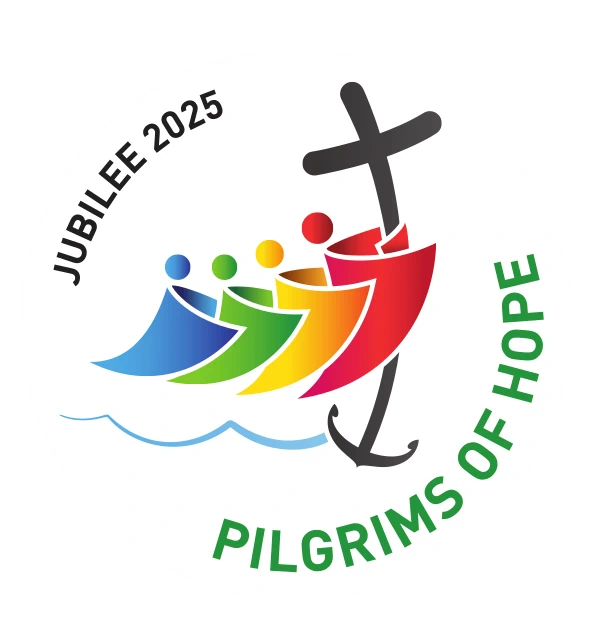Aims & Objectives
The aim of Science at St Marys is to give children a wide reaching knowledge of Scientific concepts and to encourage the development of skills and attitudes which include co-operation, perseverance, open-mindedness and respect for evidence. We will encourage independence in thinking, responsibility and sensitivity to living and non- living environments.
The objectives of teaching Science at St Mary’s Catholic Voluntary Academy are: –
- Make observations about the world around them and apply these to scientific investigations.
- Question and discuss science based issues that may affect their own lives and the direction of society and our future world.
- Communicate verbally, mathematically or through pictures and writing about what they have discovered.
- Handle equipment safely and effectively.
- Develop their scientific knowledge through the skills of sorting, testing, predicting, hypothesising, measuring, analysing results and concluding.
How the Subject is Planned
Science planning is based on our Science Progression of Skills document and individual Year group Science Matrices. These follow the National Curriculum for Science.
Foundation Stage
The principles of the Early Years Foundation Stage underpin the opportunities given to our youngest children to support them in learning scientific concepts from an early age through play and observation.
Teaching Approaches
- Science is taught as a discreet subject following a thematic approach – linked to a topic when appropriate.
- Children may be taught as a whole class, work in a group, in pairs or individually.
- Activities are differentiated for different abilities either through task /outcome/organisation or adult support.
- The teaching of scientific skills and the knowledge content of the National Curriculum programmes of study are taught together.
- The teaching method employed will vary according to the age, ability and experience of the children and the concept being taught.
- Knowledge webs will support the children in the retention of knowledge for each topic.
Marking, Feedback & Reporting
Teachers will follow our whole school policy for marking and feedback. Immediate feedback will be given to children when possible. Science levels are reported to parents in children’s annual reports.
Resources
Year group resources for Science are stored in class areas. Shared resources are stored in the Science cupboard located in the school hall.
Cross-curricular
Cross Curricular Links are made with other curriculum subjects wherever possible.
Links to Community, Locality & Trips
Wherever possible, links will be made to the local and wider community to give a sense of Science in the real world. We will utilize the surrounding area, local resources, amenities and people (eg parents with jobs that link to different areas of Science) to fully support our teaching and engage the children in their learning. Carefully planned trips will further enhance learning.
Role of the Subject Leader
The Subject leader has a variety of roles. These include:
- Monitoring of the subject eg. through learning walks, book looks, children’s voice
- Offering support and advice to colleagues
- Attending CPD and disseminating knowledge
- Staff CPD
- Auditing resources
- Developing the profile of Science within our school



